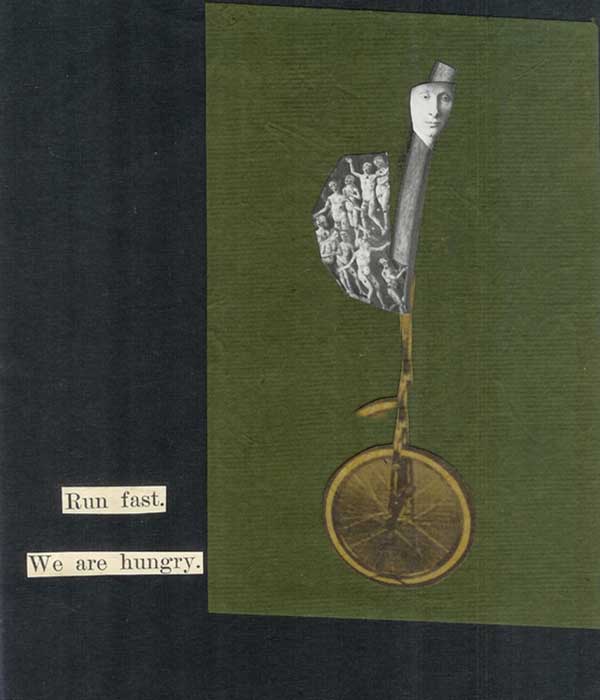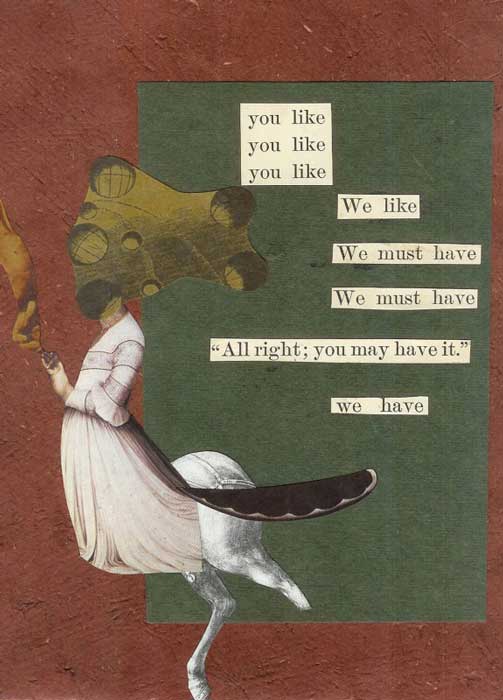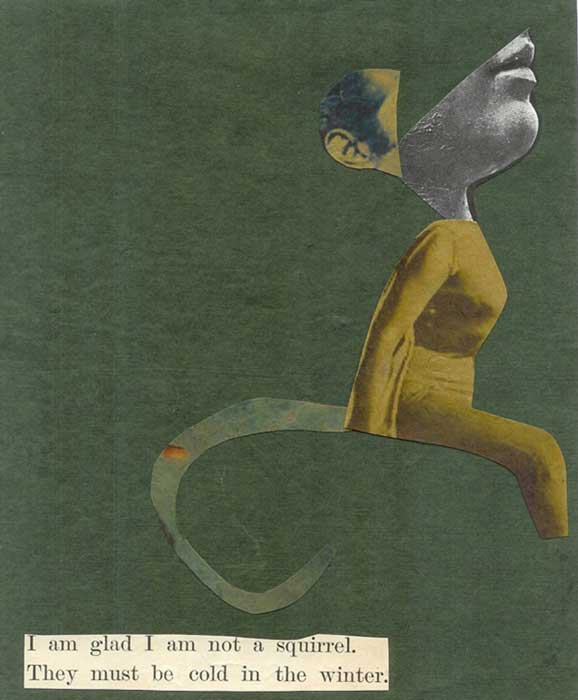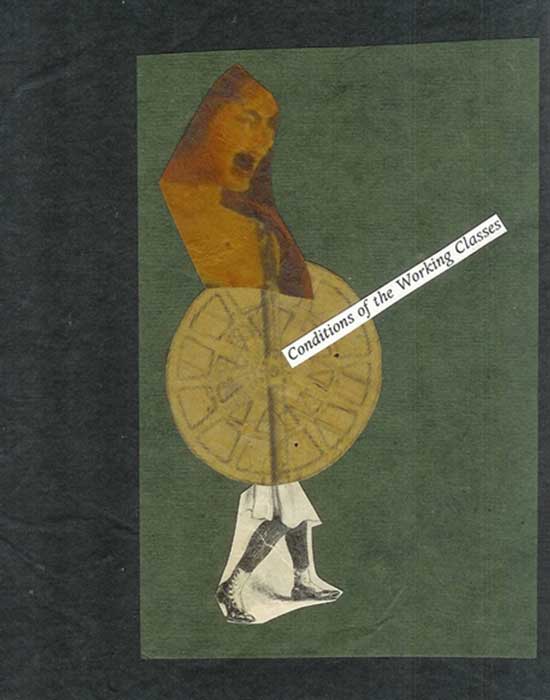The appeasement

We know that consumerism – a social and economic order and ideology that encourages the acquisition of goods and services in ever-greater amounts – can be a disheartening experience of dependence that extracts our economic means, unsettling our psychological health. Have we kept track of how many objects we have bought so far this year? Do we need them all? This depends on how we define “need”, right? Yet we bought them anyway. Even knowing deep inside that most of our “need” is conditioned by sophisticated advertising, we are somehow persuaded by it.

Oh, no, not me.
We are allergic to the word “persuaded”; we find ways of telling ourselves that it’s not possible for us to be convinced by advertisements without our knowledge. We mute commercials or skip the ads and not really pay that much attention to the ones in the subway. But aren’t we influenced anyway? Of course, we are. We see the comfortable ways of life characterized in film and music videos, for instance, and we end up imagining them.

So? If that’s what I want, what is the problem?
-Deliberately or not, we picture ourselves in the advertising’s striking standards of living that are being constantly exemplified by the media in our day-to-day lives. We dream of living that ideal and end up spending our lives running for it. If the portrayed lifestyles are outside our reach, we feel deprived and we naturally don’t like feeling that way. So, what do we do to feel better? How do we appease ourselves? We buy; we “need” to consume.
We know there are forms of perception that pre-exist our own. These are not things that a group of expert publicists invent in a dark room. Publicists elaborate and reinforce the dominant ideologies into forms that bind our consumerist behavior. All which in turn respond to a barrage of multiple seductions and persuasions to the extent that – whether or not we meet them – we feel fulfilled or frustrated
The issue with consumerism is that we are never going to be content in a game where not one consumer can once and for all meet the ongoing manufactured want, the produced need. Desires and necessities are continuously created and re-created to be fulfilled through constant buying. This is what explains the proliferation of merchandise, the diversified wonders of living and the increasing systematization of obsolescence of produced goods. Culminating in a society in which even if we have access to consume, we are never completely satisfied. And if we don’t, we are exasperated.

Same as it ever was.
https://www.youtube.com/watch?v=I1wg1DNHbNU
Tammara Bannistert says
I had Ms Ortega as a teacher and I so dearly miss her class. I feel she could have really pulled the writer out inside of me. She has the power to change what we think and feel.